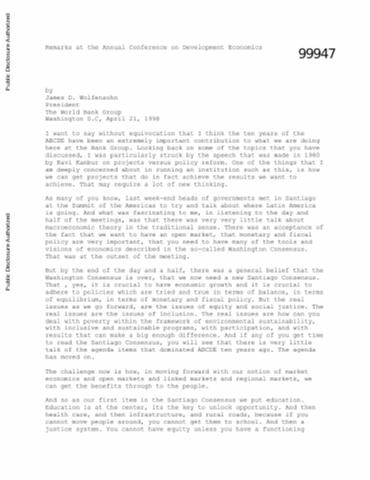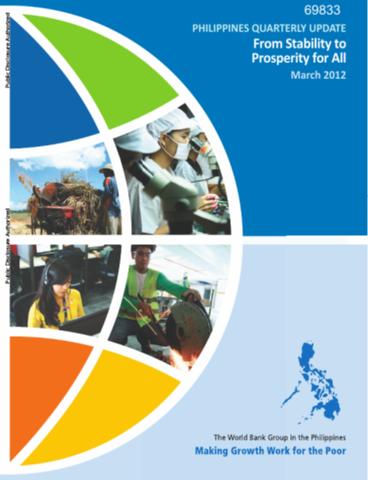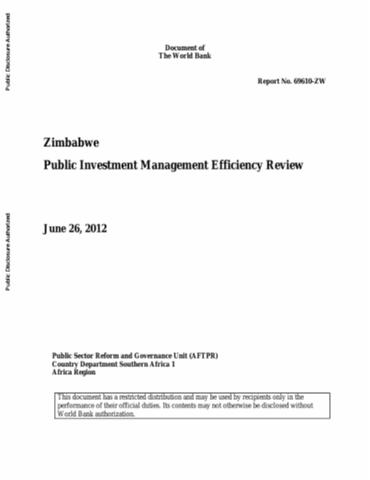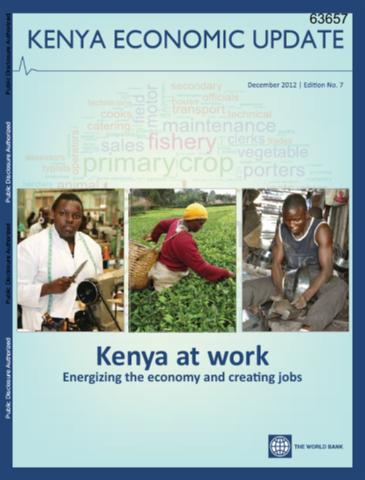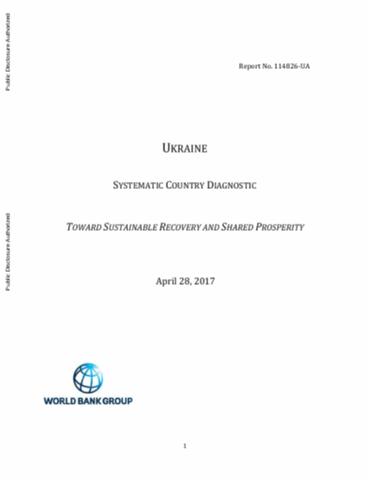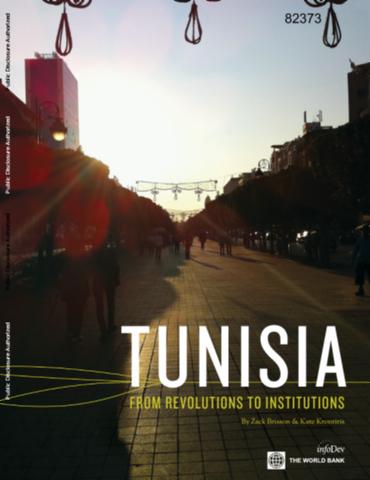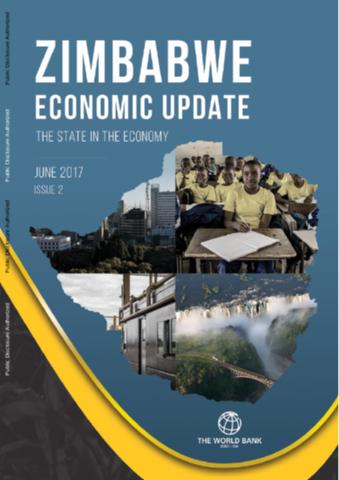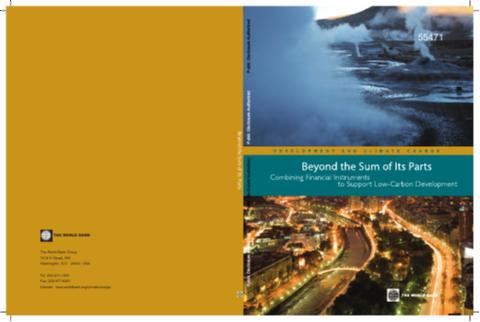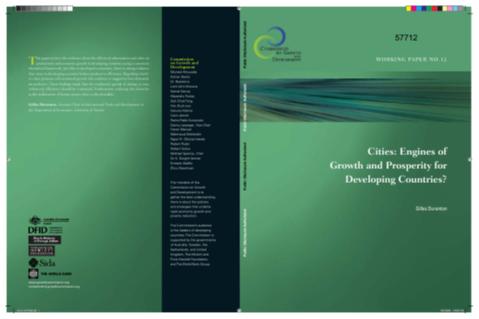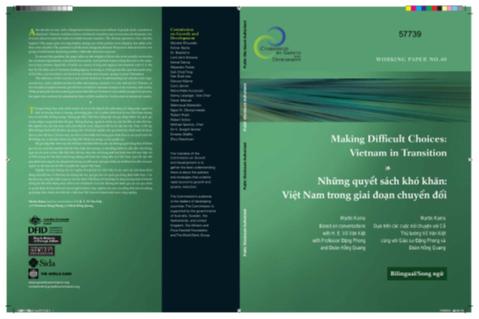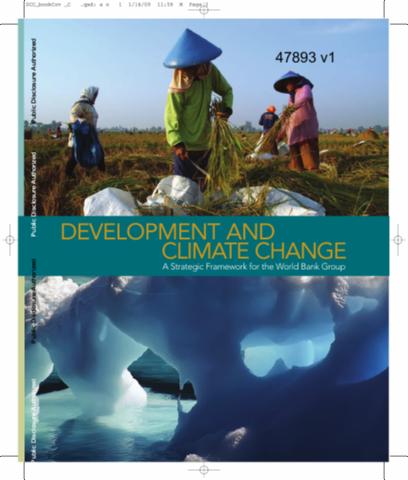Remarks at the Annual Conference on Development Economics
James D. Wolfensohn, President of the World Bank Group, discussed that it is crucial to have economic growth and it is crucial to adhere to policies which are tried and true in terms of balance, in terms of equilibrium, in terms of monetary, and fiscal policy. The real issues are how can one deal with poverty within the framework of environmental sustainability, with inclusive and sustainable programs, with participation, and with results that can make a big enough difference.

